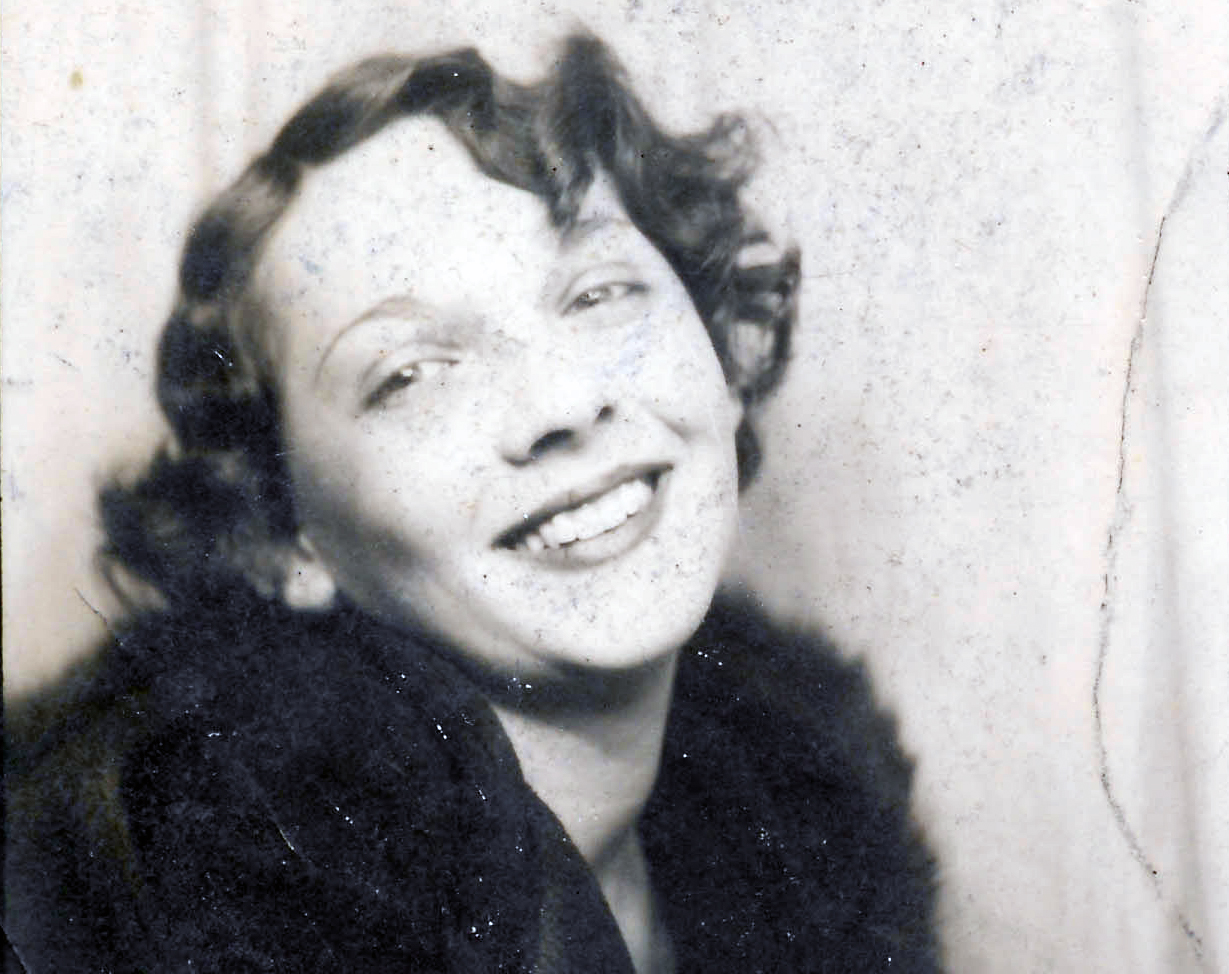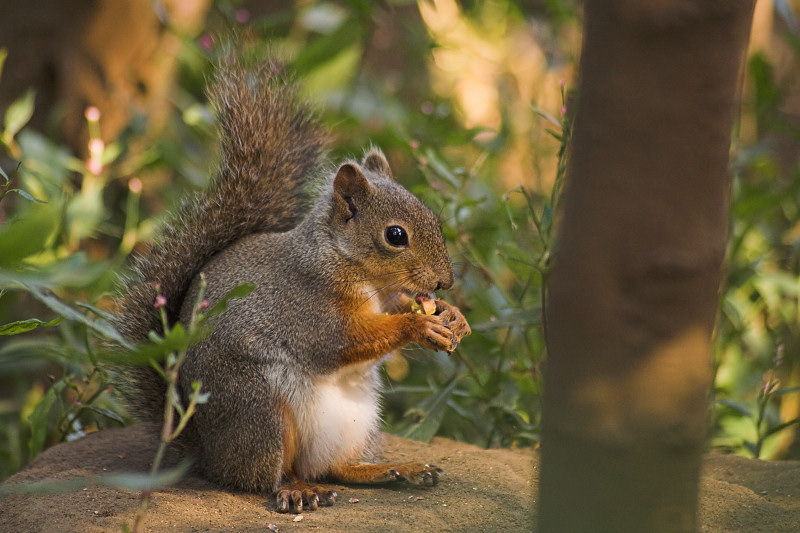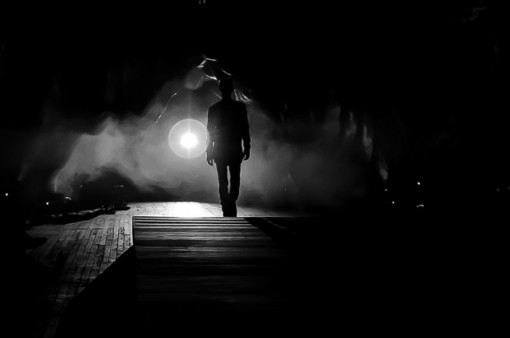Laura Catherine Brown
In a bright sterile room, released from your mother’s sliced belly, your skull perfectly round, you are wrapped in a pink blanket and cooed at, she’s perfect, she’s beautiful, she’s cute as a button. As you evolve from infant to toddler, you’re told you’re adorable. People pick you up and pinch your cheeks and stroke your plump arms and kiss you all over your body. In childhood, your teeth fall out. You grow clumsy, your arms and legs too long. When you can’t see the chalkboard, you’re pronounced myopic, and prescribed eyeglasses. No longer cute, you’re homely. But you distinguish leaves on trees, individually fluttering, elaborately veined and wondrous. You discover mastery as you roller skate and jump rope and bounce Super Balls while scooping metal jacks with one hand. After school, you pedal your banana-seat bike, pink fringe madly flapping from the handlebars, too fast for anyone to catch. They cry, Look at her go! To your mother, you are disobedient, unruly. She doesn’t understand.
You build kingdoms for your dolls, furrowing blankets to signify valleys and mountains and plateaus. At night you read by flashlight under covers and fall asleep with your glasses on. You tell your mother you want to see your dreams. On weekends, declaiming the words to a play written by you in a theater created by cloth draped across a doorway, you become a great actress. God watches over you. Guardian angels, too. And magic exists.
Until one day when you reach your arms up, your best friend points out your sweat stains. You bow your head to hide your pimples and slouch to conceal your breasts so boys won’t catcall. But everyone’s looking at you. When your period comes, your mother says welcome to womanhood. You balk at the trap. It takes a summer to become fat. Your best girlfriends exclude you from their plans and you pretend not to care. They prefer to lie by a pool, slathering their bodies with baby oil, but you’d rather leap into cold ocean waves and experience exhilaration.
The unexpected death of your father makes God disappear.
In your abandonment, you grasp for power. Fleshy and desirable, you discover tequila and dance all night with an energy that renews itself on music and men. Pressing against bodies that press back and lips that open to tongues, you slip and thrust into the revelation of sex.
One by one, friends marry and so do you, wedding an actor because theater had been your first love. He will act while you teach a roomful of children who need to learn to be human. In motherhood you’re beautifully fertile, stringing your children behind you. But as the kids develop their own mastery, you prefer Chapstick to lipstick and sweatpants to skirts. Your loneliness grows from a murmur to a stridency steeped in grievance. Divorce leaves you traumatized. Dating feels like a farce. The death of your mother orphans you in middle age. Entering law school, you emerge a litigator. A judge calls you a ballbuster, which is something to be proud of, you think.
Your youngest daughter gives birth out of wedlock. Your older daughter marries. Dancing with her father at the wedding reception, you remember how you loved his smile. He’s gay now. You didn’t know any better. Your monthly blood dries up. You might be called a crone or a jaded old lady but, mostly, no one calls you anything. They don’t see you anymore. You have become invisible. The concealment lasts over twenty years while you navigate a law career, travel the latitudes and longitudes of the world, and learn tai chi. Unseen, you observe more closely, and never tire of noticing leaves on trees, intricate and magnificent, or the fleeting blooms of wildflowers you know to look for when you hike the Appalachian Trail. With your first set of hearing aids, the singing birds become audible, like poetry you’d forgotten, like the blessed sounds that manifest the glory of the God who’d disappeared. They bring tears. You cry and cry and cry.
You march for human rights and attend a weekly peace vigil to protest the never-ending war. One day, wearing a pink sweatshirt emblazoned with World’s Best Grandma and a baseball cap embellished with your law school letters, you pass a flyer to a man with hair as gray as yours. He holds onto it without taking it from your hand. His smile approves. Hey there, you, he says, What’s that letter on your cap stand for?
You’re cute again. Adorable.
Laura Catherine Brown’s first novel, Quickening, was chosen as a Barnes & Noble Discover selection. Her work has appeared in fiction anthologies with Overlook Press and Seal Press, and online at The Fiddleback, Numéro Cinq Magazine, and Paragraphiti. She lives in New York City, where she is currently writing another novel. Visit her at lauracatherinebrown.com and on Twitter at @lauracbrown.




